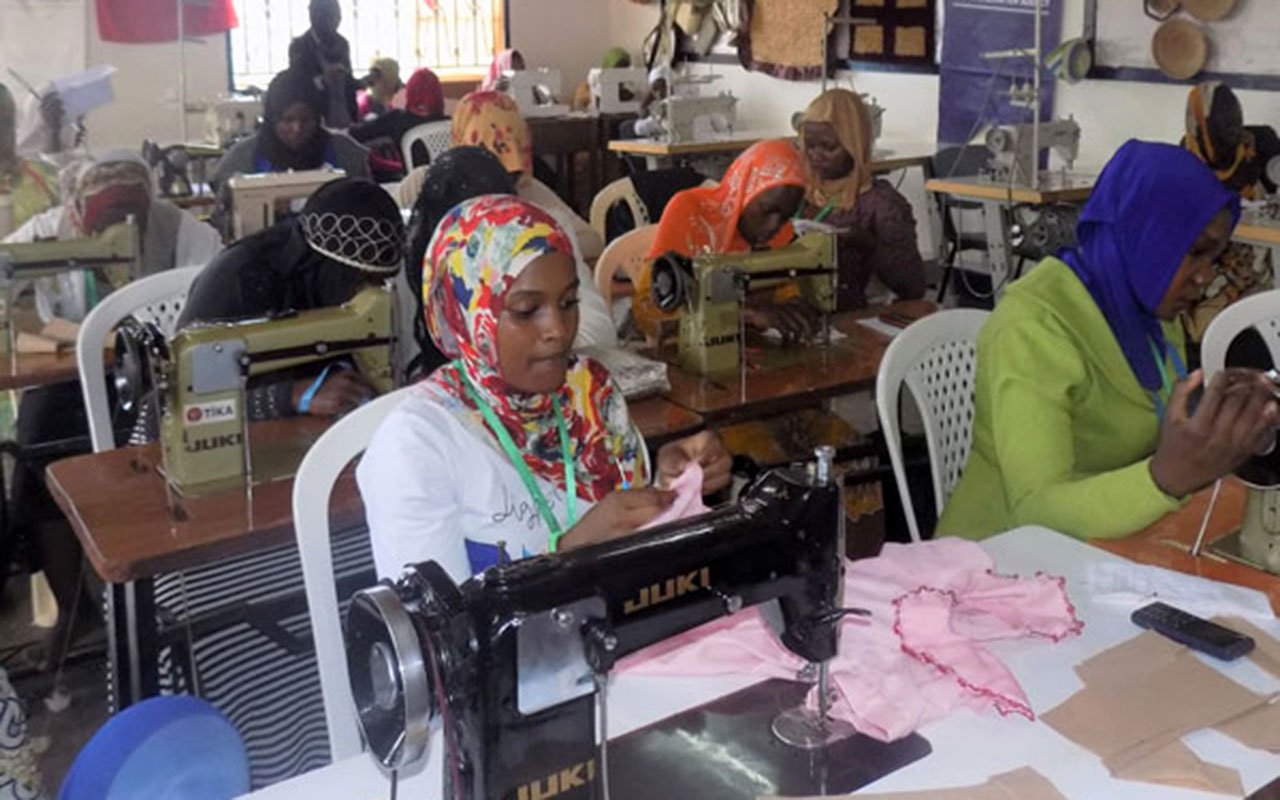Prime
Good environment boosts job creation

What you need to know:
The issue:
Job creation
Our view:
Government should create a conducive environment and support local businesses to thrive.
President Museveni during the send-off of celebrated farmer, teacher and politician Anania Akera in Omoro District at the weekend, asked Ugandans to create own jobs instead of jostling for the few government slots.
The President is right and means well – with the advice – and the path he suggested is a well-trodden one. However, there are many factors to put into place – many of them systemic or hurdles brought about or dovetailed by the political economy.
To begin with, according to a 2016 Global Entrepreneurship Monitor (GEM) report, 28 per cent of Ugandan adults own or co-own a new business, making the country one of the most entrepreneurial nations in the world.
This is not surprising because reports indicate that anywhere up to 400,000 young people enter the job market annually, for just 9,000 new jobs government is able to create each year. This implies that the youth and everyone else, including big players in the private sector, are actually trying to create something to make ends meet. But to what end? For instance, Uganda’s private sector, which employs anywhere between 2.5 million and 3 million people, is dominated by micro, small and medium enterprises.
Yet a look at many of the ventures shows that they are predominantly small-scale and informal businesses. A Uganda business registry report in 2010 showed that majority of enterprises were operating on a micro to small scale with more than 93 per cent of the enterprises categorised as micro enterprises and employing less than five persons each. The reason is that either the entrepreneurs do not have enough capital to start large scale-businesses or that they do not register them for fear of the taxman.
Relatedly, and as reported by the GEM report, many start-ups actually die before they turn three years and in worst case scenarios, barely survive through half a year. And there is a litany of factors responsible for this dismal performance, including high taxes, expensive loans, inflation, poor business concepts, technology, poor political will, poor governance, and thirst for quick success.
The other reasons include a formal sector service mind set among the young, theoretical kind of education that puts little emphasis on vocational sector, and little or lack of entrepreneurship training. More so, it is not helpful for us to hope that job creation will easily thrive even when government ventures to generate wealth have miserably failed. What happened to Entandikwa, Naads, Youth Livelihood Programme, and now Operation Wealth Creation drive? What happened to cooperatives?
This just means that government has to be very deliberate in these things. Create a conducive environment and support local businesses to thrive. Every business is as successful as the environment in which it operates.
Our commitment to you
We pledge:
• To be accurate and fair in all we do.
• To be respectful to all in our pursuit of the truth.
• To refuse to accept any compensation beyond that provided by Monitor Publications Ltd. for what we do in our news gathering and decision-making.
Further, we ask that we be informed whenever you feel that we have fallen short in our attempt to keep these commitments.
[email protected]




